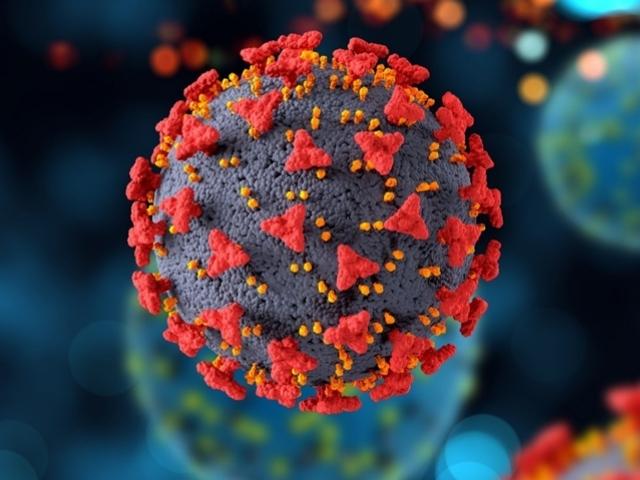
An international macro-study in which researchers from the Hospital de la Santa Creu i Sant Pau Research Institute – IIB Sant Pau have participated has located 11 new chromosomal regions involved in susceptibility to SARS-CoV-2 infection and in severity COVID-19 clinic. The work is published in the journal Nature.
The identification of these genetic determinants involved in the response to SARS-CoV-2 is essential to understand the biological mechanisms that underlie the disease, to find effective treatments and to protect potentially more vulnerable people. Among the genes found in this study, it is worth highlighting certain genes encoding pulmonary surfactants that play a key role in lung function.
The present work is an update with a larger number of patients of a study that this consortium published in July 2021. It now presents a meta-analysis of genome-wide association studies (GWAS) of 125,584 cases of infection and more than 2.5 million controls collected in 25 countries through 60 different studies. The data analysis of this cohort has been led by Israel Fernández Cadenas, from the Sant Pau Hospital Research Institute – IIB Sant Pau.
“In this new work we expand the map that we began last year and almost double the number of regions and chromosomes studied, going from 13 to 23. In addition, samples from all over the world have been included, improving our knowledge of the biological processes that cause the severe symptoms of COVID-19”, affirms the Sant Pau researcher.
The results obtained in this study are the result of the COVID Host Genetic Initiative international consortium, which searches for common genetic variants in the population that may increase the risk of infection or of developing severe covid-19. To do this, the consortium conducts studies on thousands of patients.
“The susceptibility and response to viral infections varies between people, as the current SARS-COV-2 pandemic has shown,” explains CSIC researcher Anna Planas, from the Barcelona Biomedical Research Institute (IIBB- CSIC). “Environmental and social factors contribute to the risk of contracting the infection, while male gender, advanced age and the presence of other diseases contribute to the risk of developing severe covid-19,” he adds. “However, genetic factors of people also increase the probability of contracting the infection, of needing hospitalization or of developing critical covid-19.”
Reference article
Gita A. Pathak et al. A first update on mapping the human genetic architecture of COVID-19. Nature. DOI: 10.1038/s41586-022-04826-7
Last update: 03 de August de 2022